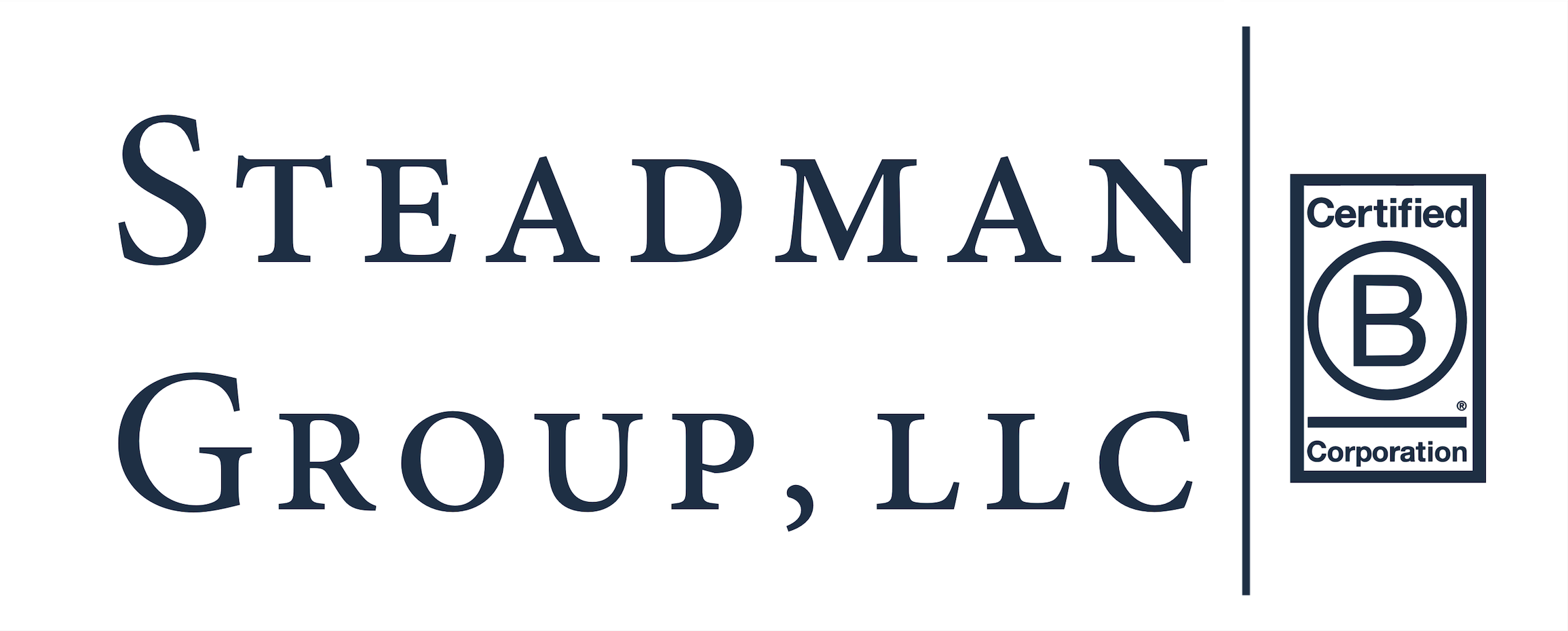Highlights
- Peer specialists (PSs) draw from lived expertise and experiential knowledge, providing cultural competence to recovery support services.
- PSs are embedded throughout the continuum of care and within multiple pathways to recovery.
- PSs may work as volunteers or paid staff in a wide range of settings such as recovery community centers, churches and other faith-based institutions, recovery homes/sober housing, jails and prisons, primary care clinics, and addiction and mental health treatment agencies.
This is the final blog post in our three part series about peer specialists (PSs). In our first post, we discussed a brief overview of PSs and in our second we highlighted best practices of PSs based on research and interviews from current PSs in Northern Colorado. This blog post describes the various settings for PS within the recovery continuum.

Two years ago, after a near-death experience and 27 years on a substance use roller coaster ride, Darnell decided to start the recovery process. Full of admiration for people living full lives without drugs and alcohol, Darnell was in active withdrawal when he checked into treatment and began navigating the complex behavioral healthcare system. It wasn’t easy. Yet, despite the biopsychosocial tolls of early recovery and behavior change, he stuck with it. For Darnell, finding strong examples of people having fun in recovery made a difference. These allies provided hope that this process is worth the early days of struggle. Today, this Peer Recovery Specialist supports others in recovery from substance use disorder (SUD) through “in-person support, retreats, meetings and activities such as yoga, camping, paddle boarding and bowling nights.” Darnell’s recovery highlights the importance of a recovery community and connection.
Recovery is not one-size-fits all. Recovery support services decrease stigma, support resilience, open doors to service access and engagement, and support long-term recovery. It is critical that the individual chooses the path to recovery and the services to manage their recovery.
Recovery support services may be provided before, during, or after clinical treatment, or may be provided to individuals who are not in treatment but seek support services. Recovery services honor 10 guiding principles:

PSs are embedded within many different settings throughout the recovery process, from treatment to recovery centers. Their cross-continuum role makes PSs an effective vehicle to transition with clients through the pathways to recovery beyond the formal clinical treatment system. Within this multitude of settings, PSs have various titles as shown below.

Employment settings for peer specialists are vast and include clinical settings and community settings.

PSs are within the community at various touch points to support individuals on their path. From clinical settings to prosocial outings, these PSs aim to decrease stigma and celebrate community in the recovery journey. A Certified Peer and Family Specialist in Northern Colorado emphasized that helping those in recovery “is where I am most needed and where I feel the most rewarded.” This peer highlighted the importance of trust building, connection, and helping peers navigate the complex systems. The supportive services provided by PSs extend and enhance the treatment continuum through the prevention of relapse and promotion of longer-term recovery, honoring the 10 guiding principles of recovery.


